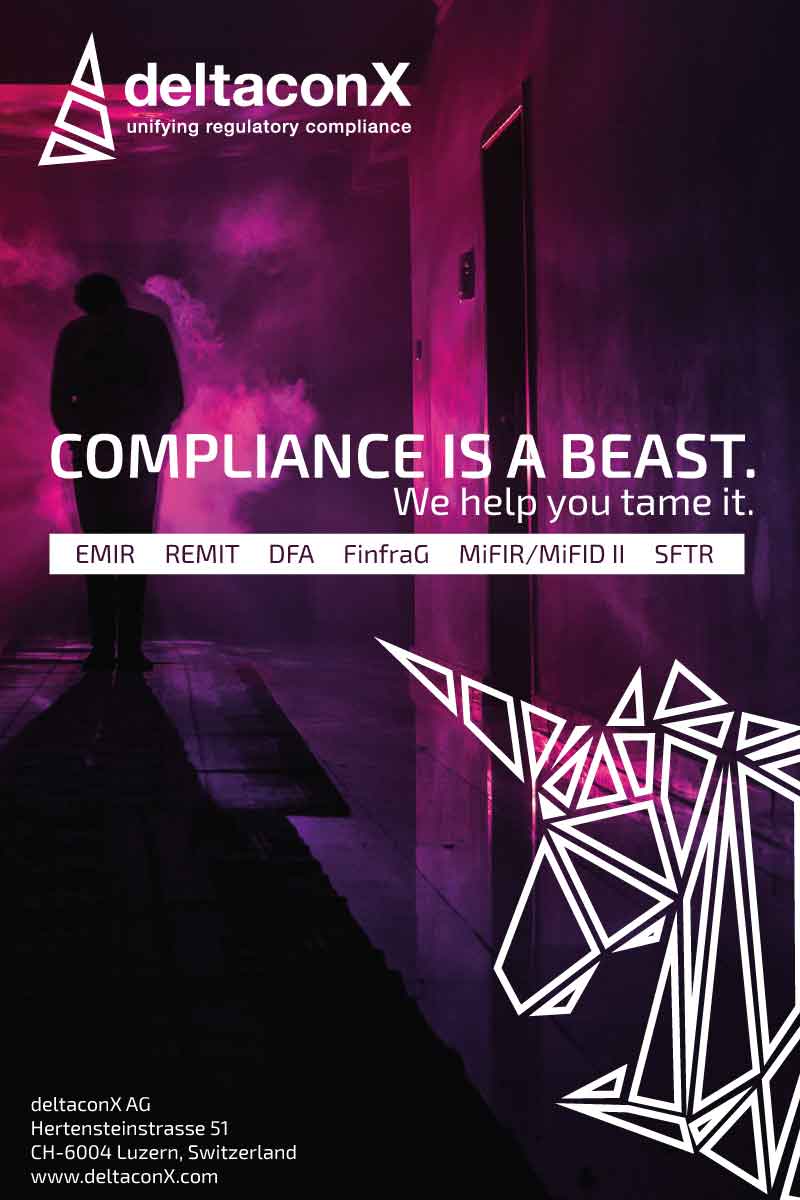MiFID II research rules could hurt investment banks
12 January 2017 London
 Image: Shutterstock
Image: Shutterstock
New research payment unbundling rules under the second Markets in Financial Instruments Directive (MiFID II) could mean large investment banks will miss out on research budgets, according to a survey from RSRCHXchange.
When shown a list of the six largest investment banks, 24.5 percent of 234 respondents from 200 asset managers, representing a total of about $15 trillion in assets under management, said they do not plan to pay for a research offering from any of them.
A further 24.5 percent said they will use between one and three of the banks, and only 12.9 percent said they intend to use all nine.
Further, 66.5 percent said they will allocate less than 60 percent of their research budget to the nine investment banks.
Under MiFID II, investment research must be bespoke to each institution, and asset managers must pay for research either with their own funds, or through a separate designated account, which is charged to the client.
Research fees must also be separated from execution and trading fees under MiFID II.
The new rules are designed to improve transparency, and to stop research costs being unfairly passed on to clients.
RSRCHXchange’s survey found that 50 percent of asset managers are still uncertain as to how they will pay for research under the new directive.
Of those that do have a plan, 38 percent said they will pay out of their own profit and loss figures, and 26 percent said they plan to use a commission-sharing agreement-type structure.
While 18 percent said they will charge the client directly, a further 18 percent said they simply will not pay for research.
The biggest challenge with regards to the new research payment rules emerged as setting and regularly assessing the research budget, named as an issue by 37 percent.
This was followed by assessing the quality of research, considered a challenge by 23 percent.
’Decline in research spend with the big banks’
Generally, respondents were not concerned about the effect of the new rules on their research budgets.
Only 14 percent said they expect their budgets to increase sharply, and 12 percent anticipate a slight increase.
Some 42 percent said they expect their budgets to remain about the same, and 32 percent said they expect their budgets to fall.
When asked about their readiness to comply with the new rules, 23.9 percent said they are compliant already, and a further 9 percent said they will be compliant in early 2017.
While 16.4 percent said they will be compliant by mid-2017, 37.3 percent are leaving it a little later, saying they will be compliant in either mid- or late 2017.
A relatively large number, 29.9 percent, are pushing it even further, saying they expect to be compliant in January 2018, when the directive comes into effect.
Jeremy Davies, co-founder of RSRCHXchange, said: “The landscape of institutional research is shifting and asset managers are reviewing and adjusting their working practices to keep pace. Some of the results of this survey will come as a surprise to the industry, especially the decline in research spend with the big banks."
An ITG survey recently revealed that 82 percent of North American asset managers plan to fully unbundle all of their brokers globally, despite many not expecting the EU’s MiFID II to directly affect them.
MiFID II will not directly affect 43 percent of North American asset managers, said ITG’s survey of 100 buy-side professionals, according to the ITG survey.
The directive requires asset managers to explicitly separate their trading commissions from investment research payments, prompting 82 percent of survey respondents to say they would unbundle their broker relationships globally, despite many not expecting a direct MiFID II impact on their businesses.
Some 59 percent of respondents said they plan to continue paying for research using commission sharing arrangements.
Neil Scarth, principal at Frost Consulting, speaking last summer, described the institutional investment research market as, historically, “very opaque”.
“Regulators clearly believe that the efficiency of research spending can be significantly improved,” he explained in reference to MiFID II.
When shown a list of the six largest investment banks, 24.5 percent of 234 respondents from 200 asset managers, representing a total of about $15 trillion in assets under management, said they do not plan to pay for a research offering from any of them.
A further 24.5 percent said they will use between one and three of the banks, and only 12.9 percent said they intend to use all nine.
Further, 66.5 percent said they will allocate less than 60 percent of their research budget to the nine investment banks.
Under MiFID II, investment research must be bespoke to each institution, and asset managers must pay for research either with their own funds, or through a separate designated account, which is charged to the client.
Research fees must also be separated from execution and trading fees under MiFID II.
The new rules are designed to improve transparency, and to stop research costs being unfairly passed on to clients.
RSRCHXchange’s survey found that 50 percent of asset managers are still uncertain as to how they will pay for research under the new directive.
Of those that do have a plan, 38 percent said they will pay out of their own profit and loss figures, and 26 percent said they plan to use a commission-sharing agreement-type structure.
While 18 percent said they will charge the client directly, a further 18 percent said they simply will not pay for research.
The biggest challenge with regards to the new research payment rules emerged as setting and regularly assessing the research budget, named as an issue by 37 percent.
This was followed by assessing the quality of research, considered a challenge by 23 percent.
’Decline in research spend with the big banks’
Generally, respondents were not concerned about the effect of the new rules on their research budgets.
Only 14 percent said they expect their budgets to increase sharply, and 12 percent anticipate a slight increase.
Some 42 percent said they expect their budgets to remain about the same, and 32 percent said they expect their budgets to fall.
When asked about their readiness to comply with the new rules, 23.9 percent said they are compliant already, and a further 9 percent said they will be compliant in early 2017.
While 16.4 percent said they will be compliant by mid-2017, 37.3 percent are leaving it a little later, saying they will be compliant in either mid- or late 2017.
A relatively large number, 29.9 percent, are pushing it even further, saying they expect to be compliant in January 2018, when the directive comes into effect.
Jeremy Davies, co-founder of RSRCHXchange, said: “The landscape of institutional research is shifting and asset managers are reviewing and adjusting their working practices to keep pace. Some of the results of this survey will come as a surprise to the industry, especially the decline in research spend with the big banks."
An ITG survey recently revealed that 82 percent of North American asset managers plan to fully unbundle all of their brokers globally, despite many not expecting the EU’s MiFID II to directly affect them.
MiFID II will not directly affect 43 percent of North American asset managers, said ITG’s survey of 100 buy-side professionals, according to the ITG survey.
The directive requires asset managers to explicitly separate their trading commissions from investment research payments, prompting 82 percent of survey respondents to say they would unbundle their broker relationships globally, despite many not expecting a direct MiFID II impact on their businesses.
Some 59 percent of respondents said they plan to continue paying for research using commission sharing arrangements.
Neil Scarth, principal at Frost Consulting, speaking last summer, described the institutional investment research market as, historically, “very opaque”.
“Regulators clearly believe that the efficiency of research spending can be significantly improved,” he explained in reference to MiFID II.
NO FEE, NO RISK
100% ON RETURNS If you invest in only one asset servicing news source this year, make sure it is your free subscription to Asset Servicing Times
100% ON RETURNS If you invest in only one asset servicing news source this year, make sure it is your free subscription to Asset Servicing Times



